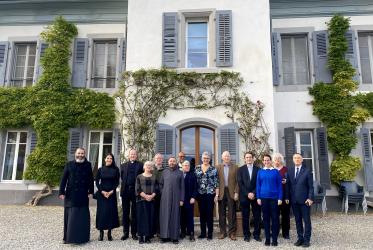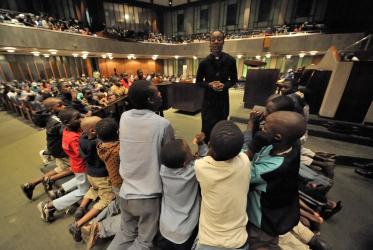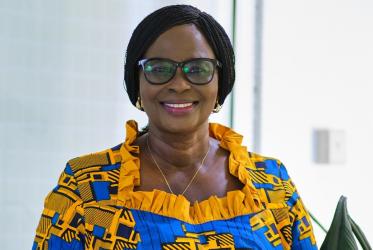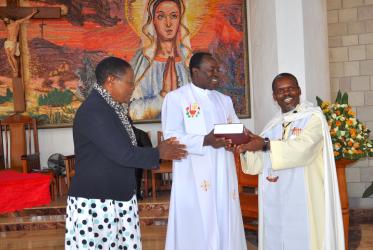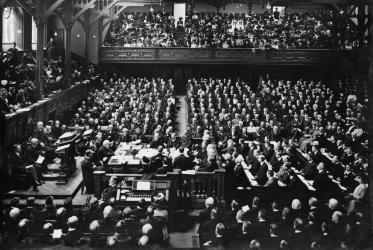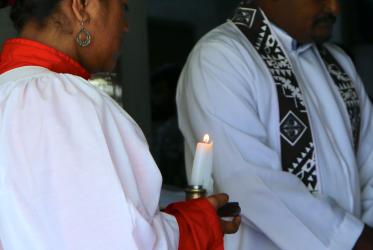Displaying 1 - 20 of 60
Towards a Global Vision of the Church Volume I
Explorations on Global Christianity and Ecclesiology, Faith and Order Paper 234
14 November 2022
A Hundred Years of Mission Cooperation
The Impact of the International Missionary Council 1921-2021
21 August 2022
World mourns loss of Archbishop Desmond Tutu
30 December 2021
Perkins names Dr Evelyn Parker as 2021 Distinguished Alumna
11 November 2021
Webinar remembers past massacres in the Pacific
21 October 2021
Reshaping mission and the church during COVID-19
11 March 2021


